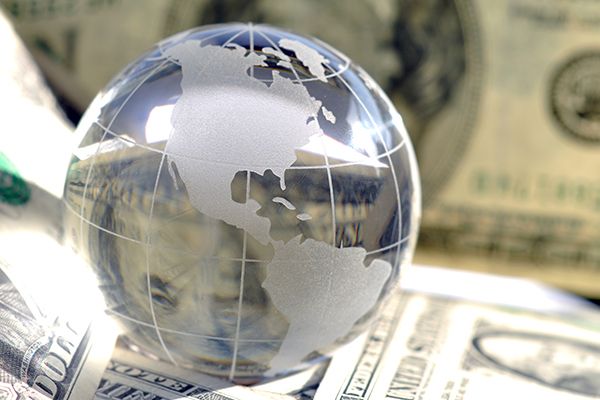Investment opportunities for world governments were raised by the United Nations Conference on Trade and Development (UNCTAD) this Tuesday.
Halting rising global temperatures, mitigating environmental destruction, and promoting social inclusion requires economic transformation, which in turn requires the ‘creative destruction’ of existing carbon-based capital and technologies and the shift to energy renewable, increasing energy efficiency, employing more labor and distributing the gains from productivity growth in a more equitable way.
Investment
What’s new is that due to the Covid-19 recession, a large government-led investment initiative can accelerate the economic recovery from the pandemic, creating jobs as well as redistributing income.
The main opportunities to invest directly or induced by the government are, according to UNCTAD:
Environment
Preservation of forests, rivers and oceans, including the recovery of degraded biosystems, with massive reforestation and strong capital in recycling and waste management systems.
Urban Development
Renovation and transformation of the city, especially in a better and greener urban transport, as well as better conditions of housing, water and sanitation in developing countries.
Energy
Decarbonization of power generation and increased energy efficiency, through better regulation and more investment, as well as a broader use of information technologies in smart power distribution networks and machine-to-machine communication.
Universal public services
Expansion and improvement of public health and education, also with greener technologies and better use of information technology, and smart investment in public safety to reduce crime rates and improve the justice and prison system, especially in the developing countries.
For UNCTAD, public investment should be aimed at attracting new private investment. Even when critical projects, especially in infrastructure, are dominated by private capital, some degree of government coordination will be required.
The challenge of promoting structural changes in production and consumption patterns necessary to preserve the environment, while raising the standard of living of millions of people, involves many natural monopolies, large indivisible capital projects and new technologies.
![]()

